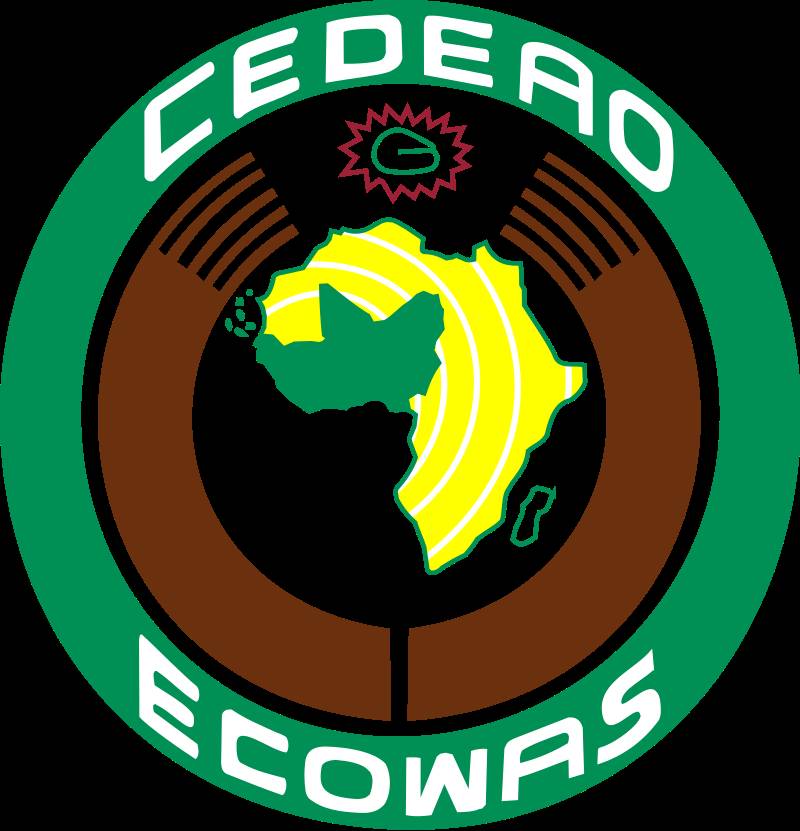ECOWAS, which stands for the Economic Community of West African States, is a regional intergovernmental organization consisting of 15 West African countries. Established on May 28, 1975, ECOWAS aims to promote economic integration and cooperation among its member states, ultimately creating a single economic space in West Africa.
The founding member states of ECOWAS include Benin, Burkina Faso, Cape Verde, Ghana, Guinea, Guinea-Bissau, Ivory Coast, Liberia, Mali, Niger, Nigeria, Senegal, Sierra Leone, Togo, and Gambia. ECOWAS has since expanded its membership to include other countries such as Burkina Faso and Togo, bringing the total number of member states to 15.
One of the main objectives of ECOWAS is to foster economic integration through the establishment of a common market and the implementation of a common currency, known as the Eco. This currency is intended to replace the various national currencies of member states, which will facilitate trade and investment within the region. However, the launch of the Eco has faced several delays and is currently planned for 2027.
ECOWAS also works towards promoting political stability, peace, and security in the region. It has played a crucial role in resolving conflicts in member states, such as the Liberian civil war and the Sierra Leone civil war. ECOWAS deploys peacekeeping forces and mediators to ensure peaceful transitions of power and prevent the escalation of conflicts.
In addition to economic and political integration, ECOWAS also focuses on social and cultural development. The organization promotes cooperation in various sectors, including education, health, agriculture, and environmental protection. It also encourages the free movement of people within the region, allowing citizens to travel and work freely across member states.
ECOWAS has achieved significant milestones since its establishment. In 1990, the organization adopted the ECOWAS Treaty, which provided a legal framework for its activities and established the ECOWAS Court of Justice. In 2001, ECOWAS launched the West African Monetary Institute (WAMI) to oversee the implementation of the common currency, Eco. In recent years, ECOWAS has also made efforts to address the challenges of terrorism, drug trafficking, and organized crime in the region.
Despite its achievements, ECOWAS faces several challenges in achieving its goals. These include limited resources, political instability in some member states, and disparities in economic development among member countries. However, the organization continues to work towards overcoming these obstacles and promoting regional integration and cooperation for the benefit of West African countries and their citizens.
In conclusion, ECOWAS plays a vital role in enhancing economic, political, and social integration among West African countries. Its objectives of fostering a common market, implementing a common currency, and promoting peace and stability have contributed to the development and progress of the region. As ECOWAS continues to evolve and expand, it holds the potential to further strengthen regional cooperation and create a prosperous future for West Africa.



No comments yet
Be the first to share your thoughts!